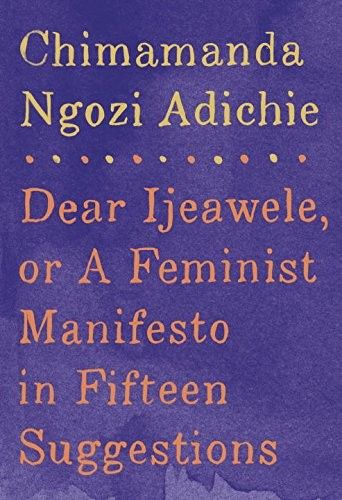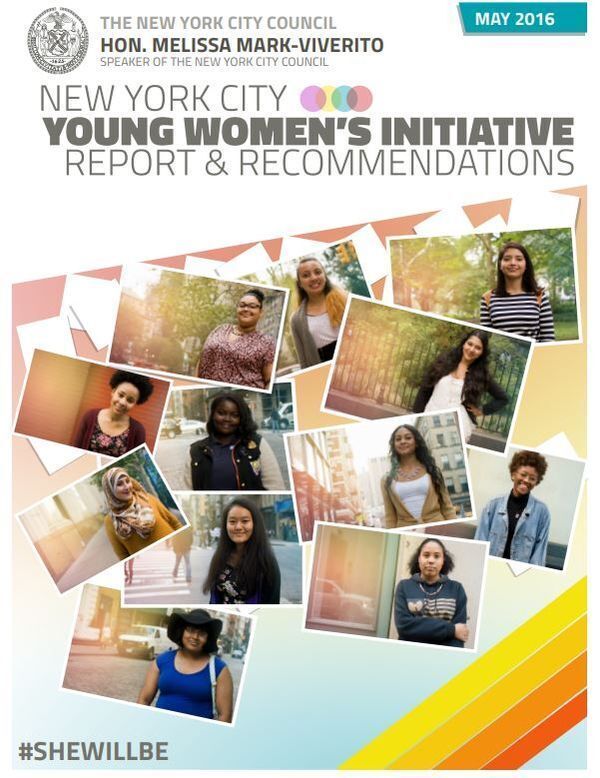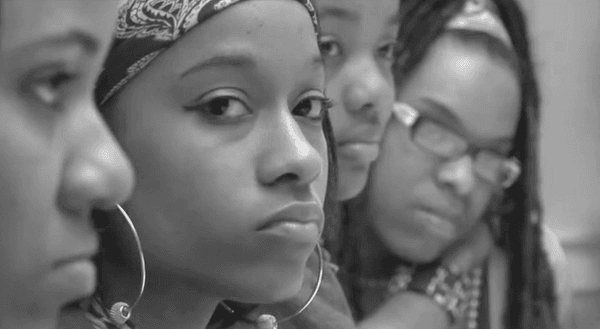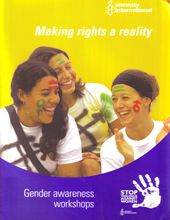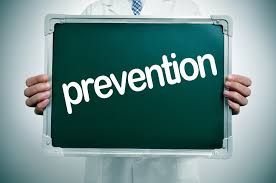-
A few years ago, Chimamanda Ngozi Adichie received a letter from a dear friend from childhood, asking her how to raise her baby girl as a feminist. Dear Ijeawele is Adichie's letter of response. Here are fifteen invaluable suggestions -- compelling, direct, wryly funny, and perceptive -- for how to empower a daughter to become a strong, independent woman. From encouraging her to choose a helicopter, and not only a doll, as a toy if she so desires; having open conversations with her about clothes, makeup, and sexuality; debunking the myth that women are somehow biologically arranged to be in the kitchen making dinner, and that men can "allow" women to have full careers, Dear Ijeawele goes right to the heart of sexual politics in the twenty-first century. This 80-page manifesto will start a new and urgently needed conversation about what it really means to be a woman today.
-
The Young Women’s Initiative Report and Recommendations describes a year long process convened by the New York City Council. This participatory strategy culminated in a comprehensive blueprint for investing in the future of young women and girls in New York City over the long-term, particularly those of color.
The initiative addresses the needs of young women and girls ages 12–24, spotlights the issues experienced by women and girls of color, in particular, and embraces an “inclusive framework around gender beyond the binary, ensuring that transgender women and gender-non-conforming young women are also centered in this work.”
The Young Women’s Initiative gained the interest of the public when it launched a communications strategy on social media platforms, #SheWillBe. -
Girls for Gender Equity (GGE) is an intergenerational organization committed to the physical, psychological, social, and economic development of girls and women. Through education, organizing and physical fitness, GGE encourages communities to remove barriers and create opportunities for girls and women to live self-determined lives. GGE achieves its mission through organizing in schools and in communities throughout New York City with programming such as the Urban Leadership Academy and Sisters in Strength, both utilizing evidence based youth development and social justice models.
-
by Amnesty International. This gender awareness pack contains over 24 hours of ready-to-use workshop material divided into two modules. It contains a total of eight detailed step-by-step session plans. Module one generates personal reflection and a deeper understanding on the construction of gender, and outlines the link between gender-based discrimination and violence against women. Module two examines the place of women's rights within the human rights framework, including the division between the private and the public spheres. It encourages participants to address issues of violence against women by setting their own action methods and goals. (April 2004)
-
Reading the paper or watching television it's hard to avoid the impression that girls' violence has increased dramatically over the last decade. Headlines like "Ruthless Girlz," "Are Girls Getting Meaner?," and "Bad Girls" all warn of the new face of youth violence. This report reviews the objective evidence regarding youthful female violence, makes suggestions about what is occurring, and then briefly suggests ways that those who work with and care about girls can address the issue positively.
-
Transforming Communities - The Transforming Communities project mobilizes volunteer community members into Community Action Teams (CATs) around specific areas of interest. The CAT members design and implement strategies to transform institutions, behaviors, and belief systems in ways that hold violent men accountable and that create safety and justice for women and girls. This document is intended to encourage and guide domestic violence organizations in adapting this theory, rationale and methodology of social change for their own communities.


